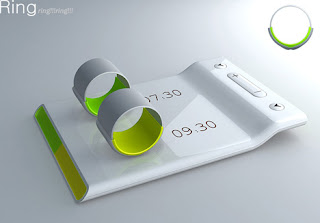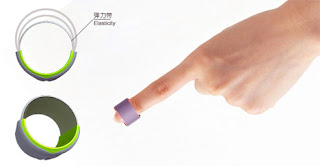The winner of a pancake-eating contest dropped dead after gorging himself on 43 of the cream and banana stuffed desserts.
Potential murderers
Boris Isayev, 48, from west Russia, collapsed to his knees and died on stage after stuffing himself with pancakes in a competition to mark the end of the region’s ‘Pancake Week’.
“He had really enjoyed the pancakes but then he started foaming at the mouth and went down like a sack of stones,” one witness said.
“We have seen people fainting [during such contests] before,” she added.
Onlookers tried to revive the man, but he died on the stage.
Witnesses apparently described Isayev as “the most active participant in the contest” adding that he “ate all the types of pancakes on offer and won fairly.â€
The exact cause of death is not clear but doctors believe he choked after a piece of pancake got lodged in his throat.



